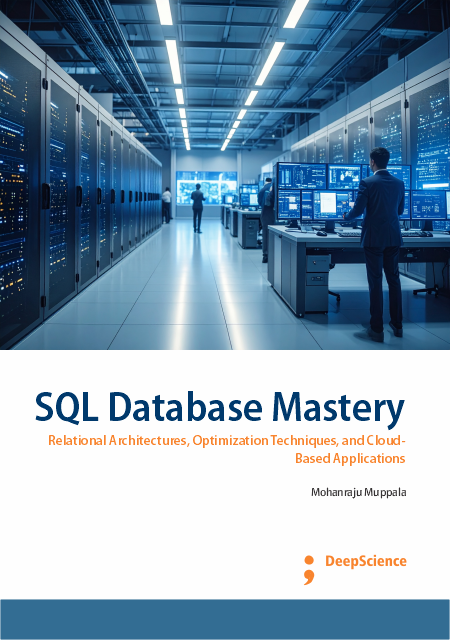SQL competency development for technical interviews: A framework for query practice, mock testing, and portfolio building
Synopsis
SQL supports a wide range of both technical and business-oriented roles within various organizations, reflecting its versatility and importance in the modern data-driven landscape [1,2]. For business users, it is crucial to grasp the nuances of data to effectively extract pertinent and actionable information that can drive decisions and strategies. On the other hand, for technical users, the creation, management, and optimization of databases represent essential tasks that require a deep understanding of SQL’s capabilities. In November 2022, there was a notable selection of standout SQL interview questions that focused on various important topics such as JOINs, Subqueries, Aggregates, GROUP BY, and Multiple-Table queries [3-5]. These questions were carefully collected from recent SQL interviews conducted at some of the world’s leading and most innovative companies, highlighting the growing demand for SQL proficiency in the job market.
Preparing for SQL queries can be both a fun experience and a challenging endeavor at the same time. A great starting point is to take a detailed job description and create an SQL portfolio that aligns with the skills and requirements outlined in that description. Following this, one can set up a mock interview by utilizing the query list as a basis. The selected queries provided below span a diverse range of relevant topics, ensuring a comprehensive understanding and application of SQL principles. This process not only enhances one’s knowledge but also boosts confidence in handling real-world SQL challenges.













